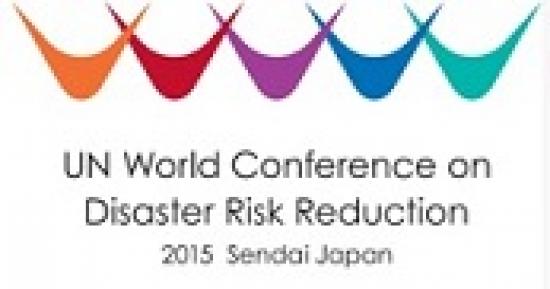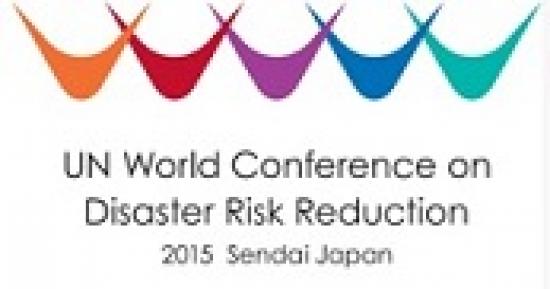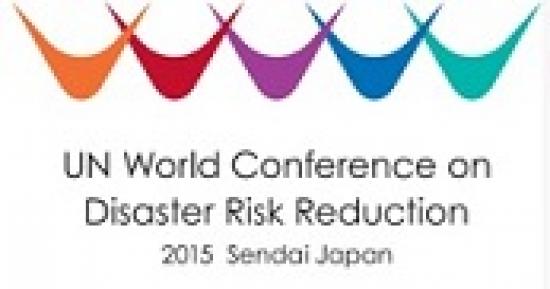Global broadcasters push for DRR in Sendai
Four broadcasting unions whose membership spans Africa, Arab states, the Asia-Pacific region and Europe have vowed to push for greater media involvement in disaster risk reduction, given their crucial role as a conduit of information to the public. In a formal pledge issued at the World Conference on Disaster Risk Reduction, the African Union of Broadcasting, the Arab States Broadcasting Union, the Asia-Pacific Broadcasting Union and the European Broadcasting Union said that they wanted to harness their ability to reach billions of people.








